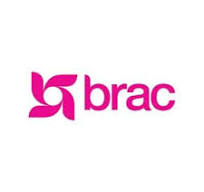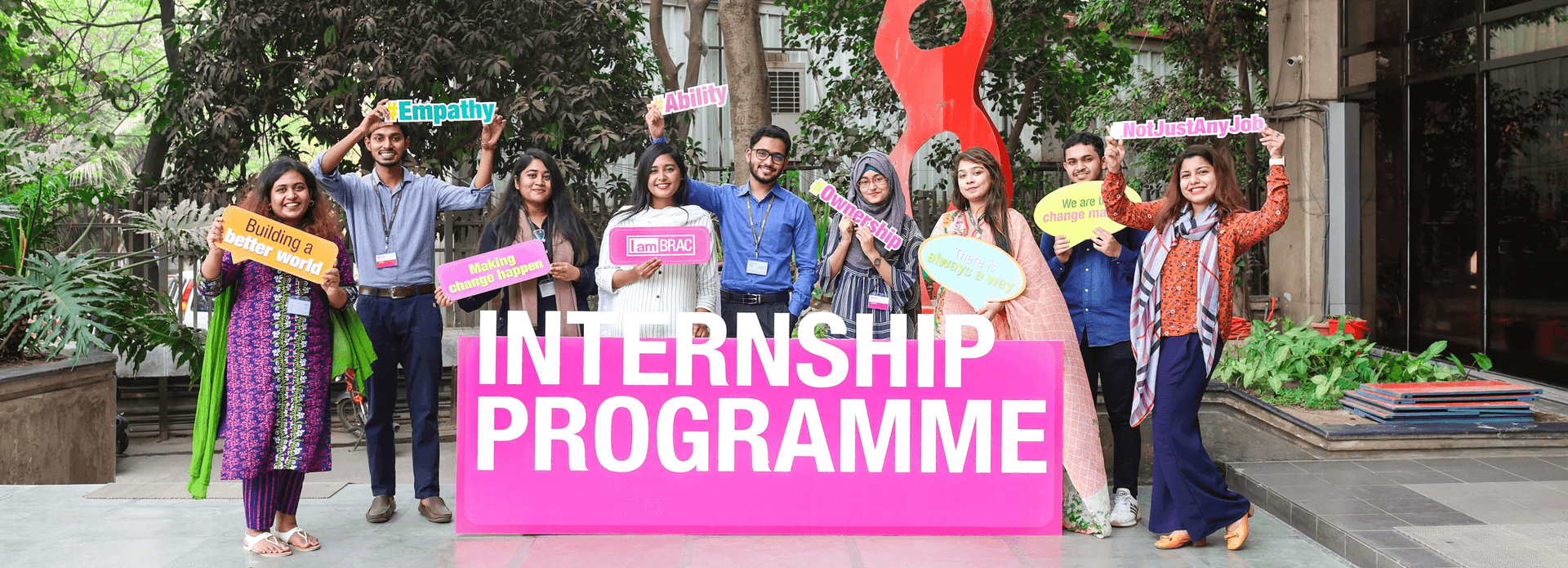Growing Our Global Presence
Since we established the Ultra-Poor Graduation Initiative in 2016, BRAC has expanded it to 14 countries around the globe.
Our experience has proven that by integrating the Graduation approach into existing poverty alleviation programs, we can achieve positive, long-term impacts for people in extreme poverty in a wide variety of poverty contexts.
Right now, we are working in countries across Africa and Asia to support government adoption of Graduation and further scale our approach — all with the goal of enabling 4.6 million more households to lift themselves from extreme poverty by 2026.
Here's some background on the BRAC:
Abed bhai, founder of BRAC, believed in the potential of every person. He wanted to create a world where every person had the opportunity to realise that potential. BRAC grew under Abed bhai’s dogged work ethic, data-driven approach and the magnitude of his vision. He saw inequality and poverty as complex challenges that must be attacked from multiple fronts to systemically eradicate them. Grounded in that philosophy, BRAC’s unique integrated development model emerged, combining social development, humanitarian response, social enterprise, social investments and a university. Throughout all of these initiatives, improving the lives of women and girls was, and still remains, the focus of BRAC’s work. As Abed bhai said many times, “I have met many defeated men in my life. I have never met a defeated woman.”
Abed bhai lived his beliefs, of humility, commitment and empathy, through his everyday actions. He would arrive at work early and would usually not leave the office until at least 7pm. He ate USD 0.5 (BDT45) staff meals from the staff canteen every day, and it was a common sight to see his tiffin (meal) box being taken up in the elevator to his office. He spent long periods of time with the people BRAC served, often in rural villages, listening to their needs and challenges. He refused to stay in expensive accommodation when he travelled outside of Bangladesh on BRAC’s work and was known for always asking people not only about work, but also about their hobbies and families, remembering previous conversations with people many years after meeting them. After the sale of his flat in London, Abed bhai did not own another property, choosing to live in rented accommodation until the end of his life.
A true intellectual, with an equal love of Shakespeare sonnets and Tagore poems, Abed bhai often recited poetry. He could recall poems of over 100 lines by heart, and often entranced staff with powerful, impromptu recitations. He was fascinated by books, art and culture, and quietly financially supported many social and cultural initiatives in Bangladesh, including literary festivals, the early films of Tareque Masud and other budding artists. He often expressed the aim of development as not just providing people with the opportunity to access basic human rights, but as providing all people with the opportunity to enjoy art and literature. BRAC’s multi-million dollar craft and lifestyle brand Aarong grew out of the desire to create livelihood opportunities for women in rural areas, but also to preserve and celebrate craft traditions such as the UNESCO World Heritage-listed Jamdani (a handloom woven fabric made of cotton, which was historically referred to as muslin). He undertook many literature-related projects, such as abridging almost 40 classic Bengali literary works for people with limited literacy, who are not able to enjoy the original books, and then creating a system of community libraries, including mobile libraries on rickshaws and boats, to get the books to every door.
Abed bhai’s organisational capacity gave BRAC market recognition comparable to any of the top international NGOs and his management contribution has been recognised in case studies in business schools in Harvard, Stanford and Princeton. He moved effortlessly between operational efficiency and strategic vision. He was a tough taskmaster. Field meetings under him would go on until deep into the night, discussing the nitty-gritty of operational details. For him, no problem was too small, no problem too insurmountable. He had the gift of spotting potential in ordinary people, and training them into becoming extraordinary leaders. He mentored his staff while giving them full freedom to work, fail and get to work again. In fact, some of BRAC’s biggest impacts were achieved through learning from failures.
"Thank you Abed bhai," his colleagues say, "for showing us how meaningful one’s life can be – and that a better world is possible. We promise to be worthy of your legacy."


